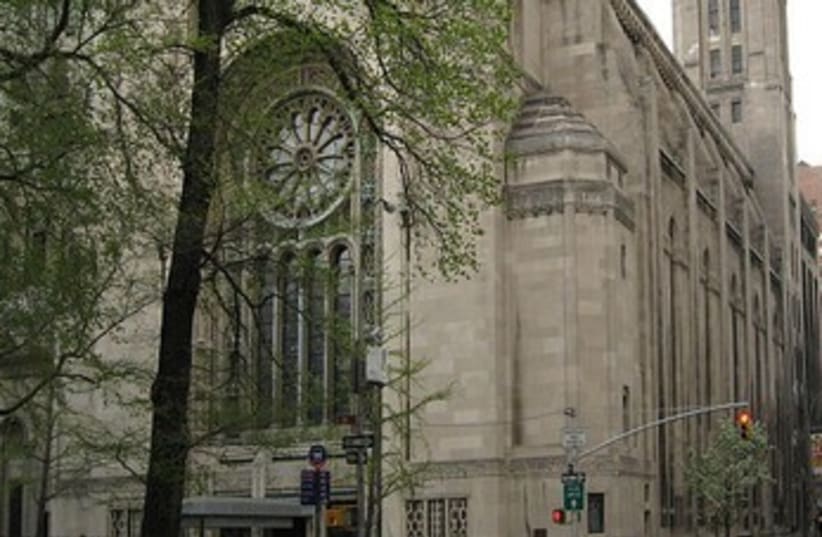Holiday security levels run the gamut at Manhattan synagogues
Even though some reports say threats to New York synagogues during the Jewish High Holy Days may be decreasing, the situation in Syria and the wider Middle East has kept concerns, and security levels, heightened.
